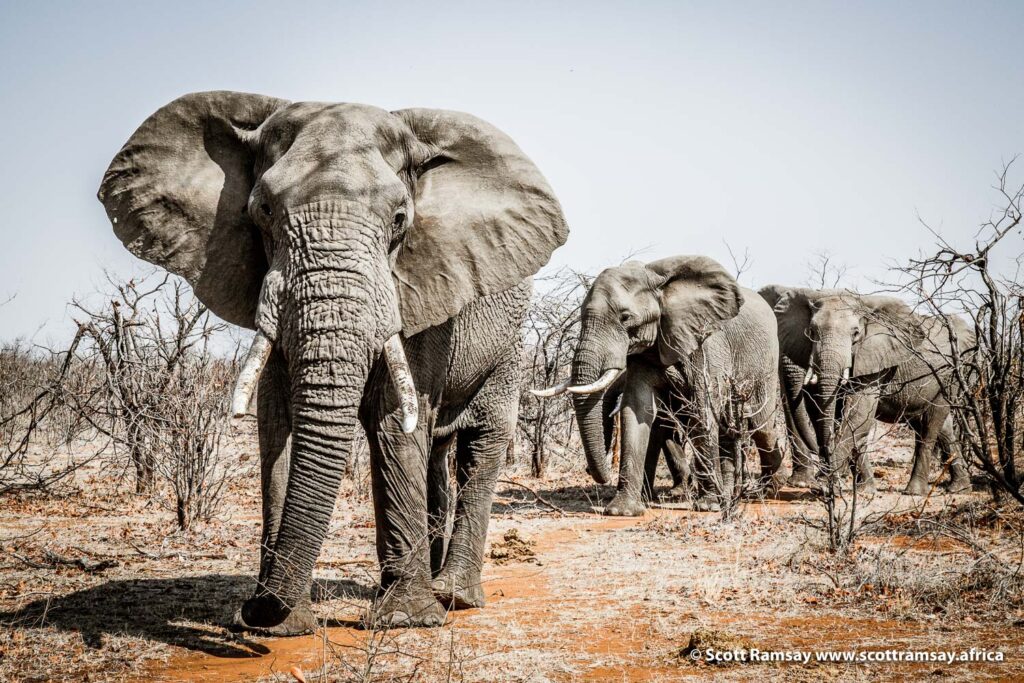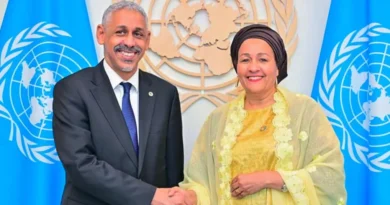Climate Crisis Inflicts Unprecedented Hardships on Zimbabwe’s Wildlife
Zimbabwe is grappling with the distressing impact on its wildlife, with volunteers conducting an annual census revealing the struggles faced by animals in the nation’s national parks.
In Gonarezhou National Park, often referred to as the “place of elephants,” approximately 140 volunteers engaged in a crucial wildlife census. While recent rains have brought a positive transformation to the park’s greenery, the landscape tells a tale of desperation as elephants resort to damaging baobab and acacia trees in their search for sustenance.
Tinashe Farawo, spokesperson for the Zimbabwe Parks and Wildlife Management Authority, expressed deep concern over the escalating reports of animal anguish attributed to climate change-induced drought.
While Gonarezhou’s wildlife is considered relatively fortunate, other reserves, including Hwange, Zimbabwe’s largest park, have witnessed alarming numbers of elephant and buffalo deaths.
Farawo highlighted the unprecedented challenge posed by climate change, resulting in unpredictable weather patterns and prolonged dry spells. The agency is responding by installing 100 solar-powered boreholes in Hwange National Park to provide water for animals facing a scarcity of resources.
Zimbabwe’s struggle against climate change echoes across Africa, where extreme weather events are causing the loss of plants and animals unable to adapt to changing conditions. Initiatives such as solar-powered boreholes aim to alleviate the impact, but animals are compelled to travel longer distances in search of essential resources, often crossing national borders.
The Kavango–Zambezi Transfrontier Conservation Area, the world’s largest multi-country conservation area, witnesses animals traversing vast distances, leading to a unique set of challenges.
However, the parched environment poses threats, evident in a recent study linking heat, drought, and population density to a bacterial infection that caused elephant deaths in Hwange National Park.
The consequences of climate change extend beyond direct ecological impacts, contributing to escalating human-animal conflicts. Communities near national parks experience heightened clashes as wildlife encroaches on human settlements in search of scarce resources.
The Zimbabwe Parks and Wildlife Management Authority has noted a significant increase in distress calls related to human-animal conflicts in recent years.
As Zimbabwe grapples with the multifaceted challenges posed by climate change, the efforts to protect and preserve its unique wildlife are more critical than ever, requiring innovative solutions and international collaboration.
Source: AfricaNews



